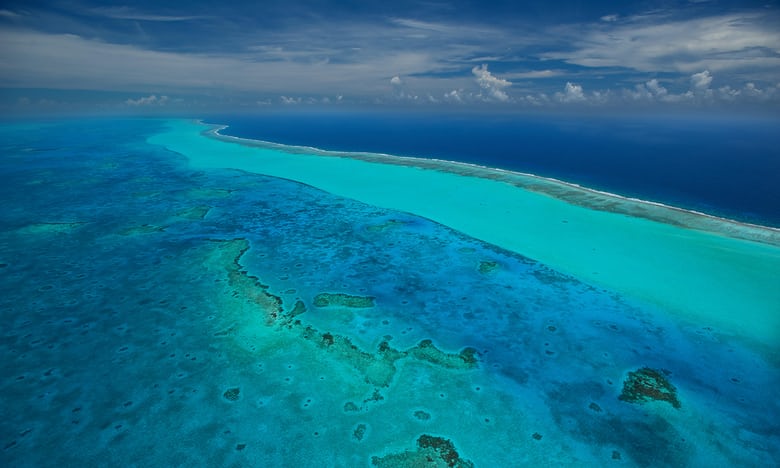Belize bans oil activity to protect its barrier reef

Belizean prime minister Dean Barrow’s decision to impose an indefinite moratorium marks the first time a developing country has taken such a major step to protect its oceans from oil exploration and extraction – and will help safeguard Belize’s important dive tourism sector. “The decision is hugely significant,” said Chris Gee, of charity WWF-UK, which was part of an international campaign. “It indicates that Belize, a developing country, is prepared to put its people and environment first.” Oil-related damage, such as a spill, could have impacts as far afield as Mexico, Guatemala and Honduras and affect the lucrative tourism industry. The reefs at the Blue Hole Natural Monument on Lighthouse Reef, the second largest barrier reef in the world. Unesco inscribed the Belize reef – a 190-mile-long section of the Mesoamerican Barrier Reef System – as a world heritage site in 1996. Tourism and fisheries support half of the country’s population – around 190,000 people – either directly or indirectly. “The reef is critical not only for the tourism industry, which employs one in every four Belizeans, but it also serves as a ‘barrier’ against storm surge and beach erosion, which will only increase with climate change,” said Dana Krauskopf, owner of Hamanasi Adventure and Dive Resort south of Belize City. Belize is one of the most exciting dive destinations in the world: three of the Caribbean’s four atolls are found in its waters, including Lighthouse Reef atoll, location of the famous Blue Hole (described by ocean explorer Jacques Cousteau as one of the 10 greatest dive sites in the world), as well Glover’s Reef, also a world heritage site.

